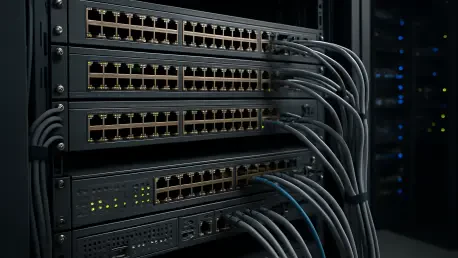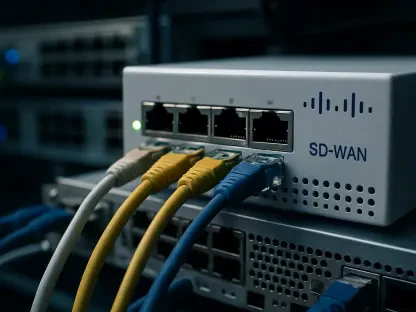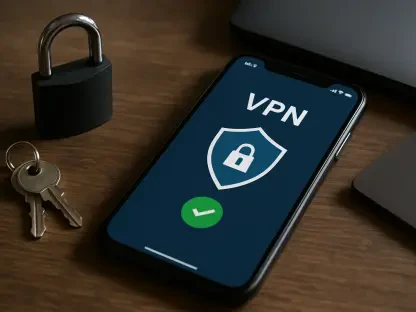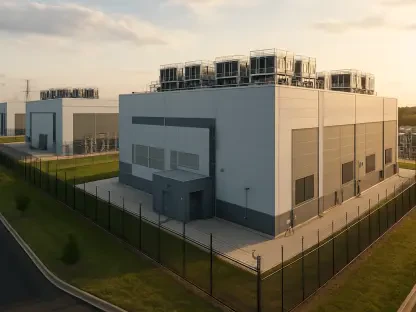I’m thrilled to sit down with Matilda Bailey, a renowned networking specialist with a deep focus on cutting-edge technologies like cellular, wireless, and next-gen solutions. With years of experience navigating the complex world of vendor relationships as a network manager, Matilda offers a unique perspective on how these partnerships can shape the success of network operations. In our conversation, we dive into the nuances of building trust with vendors, striking a balance between urgent needs and long-term collaboration, and the importance of clear communication and documentation. Join us as we explore her insights on turning vendor interactions into powerful tools for any network professional.
Can you share some of your experiences working with vendors in your role as a network manager, and what types of vendors you typically engage with?
Absolutely. Over the years, I’ve worked with a wide range of vendors, from hardware suppliers providing routers and switches to software vendors offering network management tools and security solutions. I also deal with third-party tech support teams for troubleshooting complex issues. It’s a mixed bag, really, and each type of vendor brings its own dynamic to the table. I interact with them almost daily—whether it’s a quick check-in on a support ticket or a longer discussion about a new deployment. It’s a constant collaboration to keep the network running smoothly.
How do you determine which vendors are truly reliable when they can vary so much in their approach and commitment?
That’s a great question. It often comes down to their track record. I pay close attention to how they handle high-pressure situations. For instance, I’ve had vendors who’ve gone above and beyond during a late-night server crash, getting us back online with minimal downtime. On the flip side, I’ve dealt with others who’ve dropped the ball during critical moments, leaving us scrambling. When that happens, I address it head-on with a candid conversation to reset expectations. Trust is built over time through consistency and accountability, not just promises.
When it comes to urgent issues versus long-term planning, how do you balance pushing a vendor for quick results while maintaining a partnership for bigger goals?
It’s all about reading the situation. When something’s urgent—like a network outage—I’m direct and firm, making it clear we need resolution fast. But I try to keep the tone collaborative, not combative. For long-term goals, like planning a network upgrade, I focus on building rapport through regular meetings and shared objectives. The key is flexibility—knowing when to push and when to step back and strategize together. Treating them as partners, not just service providers, helps maintain that balance even after tough moments.
Consistency in communication is often emphasized as crucial. How do you ensure vendors clearly understand your expectations?
I’m very intentional about setting clear expectations from the start. I focus on specifics like response times for critical issues, regular status updates, and deliverables for projects. I make sure these are discussed and agreed upon early, often in writing. Being consistent in how I communicate—whether it’s through scheduled calls or detailed emails—helps reinforce what I need. Over time, this clarity has built stronger relationships because vendors know exactly where they stand with me, and that cuts down on misunderstandings.
The idea of documenting interactions with vendors comes up a lot. How do you approach keeping records, and why do you find it valuable?
I’m a big believer in documentation. I keep detailed notes on every interaction—whether it’s a phone call, email, or meeting. I record things like agreed-upon timelines, promises made, and resolution details for support cases. It’s not about pointing fingers; it’s about having a reference point. I’ve had instances where a documented conversation cleared up a mix-up over a delayed delivery, saving us hours of back-and-forth. It keeps everyone accountable and ensures we’re all on the same page when issues pop up.
Can you recall a time when a strong vendor relationship made a significant impact on your work, and what made that connection so effective?
Definitely. A few years back, we faced a major hardware failure right before a critical project deadline. I reached out to a vendor I’d built a solid relationship with over several projects. Because of the trust we’d established, they prioritized our issue, expedited a replacement, and even sent a tech onsite to help with setup. That saved us days of downtime. The connection worked because we’d invested time in regular communication and mutual respect—I wasn’t just another client to them, and they knew I valued their expertise.
Vendor relationships can be unpredictable at times. Looking ahead, what is your forecast for how these partnerships will evolve in the networking field with emerging technologies?
I think we’re going to see vendor relationships become even more critical as technologies like 5G, IoT, and software-defined networking continue to grow. Vendors will need to shift from just selling products to providing integrated solutions and ongoing support for these complex systems. I expect partnerships to become more collaborative, with vendors acting as consultants who help us navigate new challenges. Network managers will need to adapt by fostering deeper, more strategic relationships to stay ahead of the curve. It’s an exciting time, but it’ll demand more trust and transparency on both sides.









